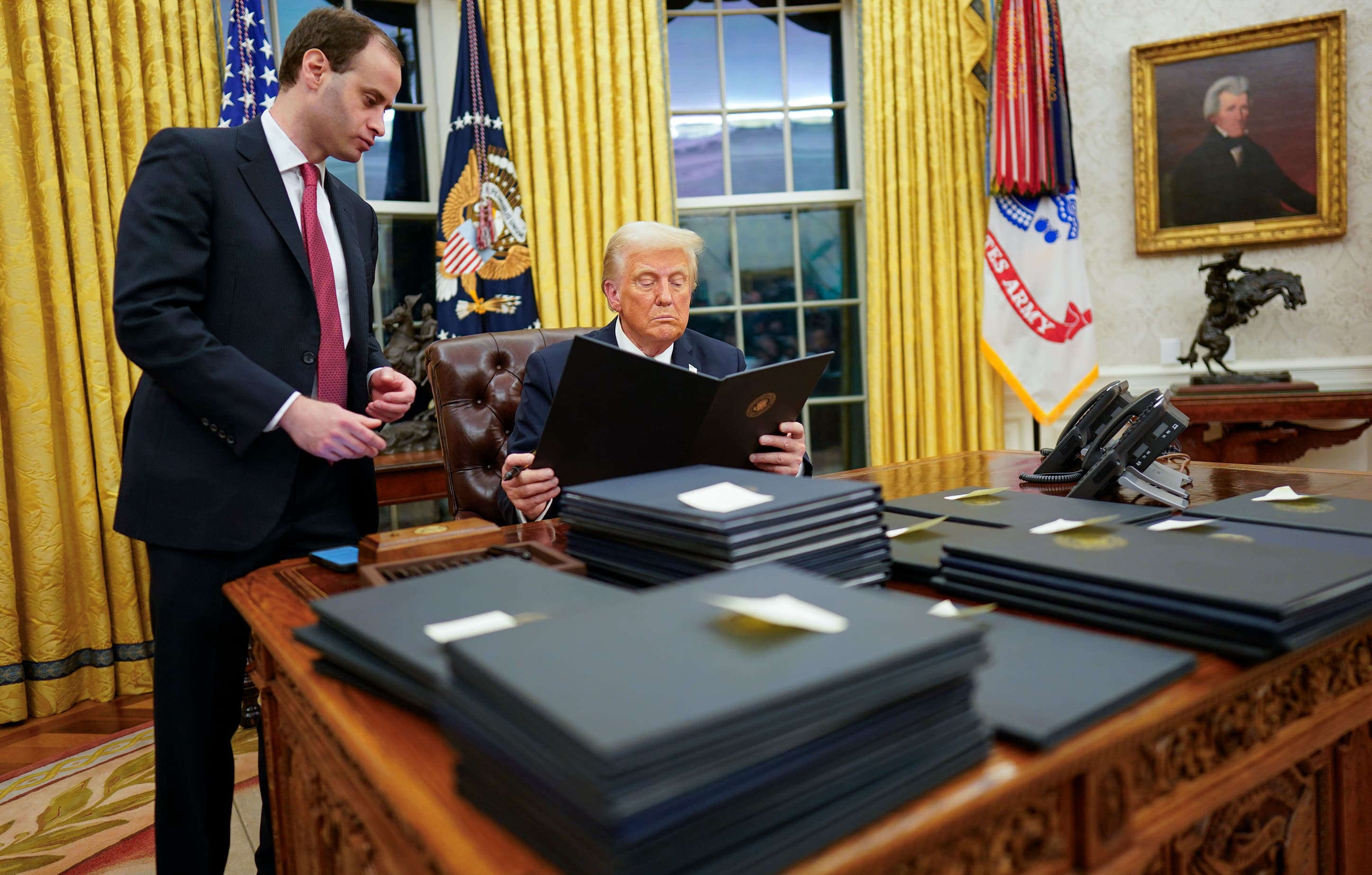'What happens after we die?' is the most existential question humans face.
But a man with one of the highest IQs in history claims to know the answer.
Chris Langan, 72, is an American horse rancher who is alleged to have an IQ between 190 and 210. That 'genius' score is 30 to 50 points higher than Albert Einstein's.
Langan has developed a hypothesis called the Cognitive-Theoretic Model of the Universe (CTMU), which he says 'explains the connection between mind and reality.'
He believes that when we die, we transition from one form of being to another within the computational structure of reality, meaning the consciousness, or 'soul,' moves to another dimension or plane of existence we cannot access while alive.
It's not clear what that new dimension would look like, or what happens to the 'soul' once it arrives there. But Langan believes traditional views of heaven and hell are too simplistic, whereas his theory posits a transition to an entirely new state of being.
Langan explained his concept of death during an appearance on the podcast Theories of Everything with Curt Jaimungal in May.
He said death is 'The termination of your relationship with your particular physical body that you have at this present time. When you are retracted from this reality, you go back up toward the origin of reality.


'You can be provided with a substitute body, another kind of terminal body that allows you to keep on existing.'
Thus, according to Langan, death does not mean that you cease to exist.
Once you transition to this new plane of exitance, you might not even remember who you were before, Langan said.
'You can have - these memories can be - nothing goes out of existence in the math.
'Your memories can always be pulled back out, but there's no reason to do that usually, OK?
'Why cling to memories of a world in which you are no longer instantiated?
'So, there are certain automatic psychological things that happen on death, at the moment of death.'
After you die, you'll be in a state of meditation or something that looks similar.
He added: 'Now you're basically meditating, seeing everything change. However, you exist that way right now.
'Arguably, all of your lifetimes, if you were to be reincarnated again and again and again, all of those reincarnations are meta-simultaneous.
'There is a sense in which they all occur at once in the non-terminal domain.'
But this state of being is not the afterlife. It's more like existing inside a supercomputer where everything is around you, but nothing is occurring at the same time.
The afterlife is something else entirely. It involves a profound shift in our entire being, moving the 'soul' or consciousness beyond the physical or mental self.
Langan sees god as the identify of certain properties that we can see around us, but not necessarily a deity in the heavens.
He calls CTMU a true 'Theory of Everything'. It's is based on three main assumptions, the first being that reality is made of information in the form of language.
This is one take on the self-simulation hypothesis, which suggests everything is information that humans define as thought.
The second assumption is that reality is 'transtemporal,' meaning that things from one timeline can influence things in other timelines.
And the third is that our self-simulated reality contains a 'substrate' of this information — a 'panconsciousness' that emerges from within the creator or simulator itself.












